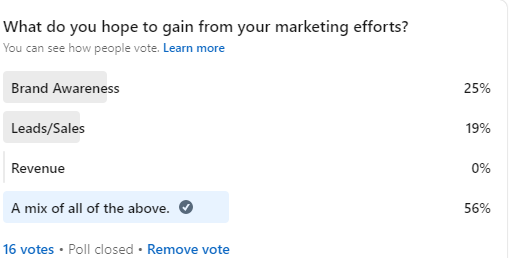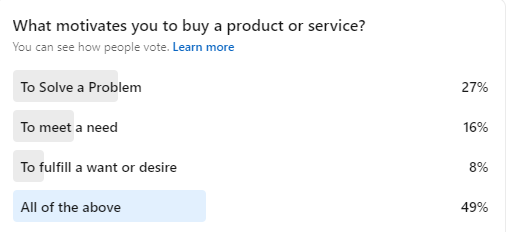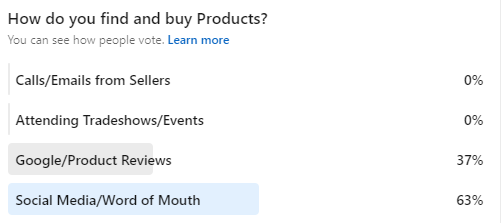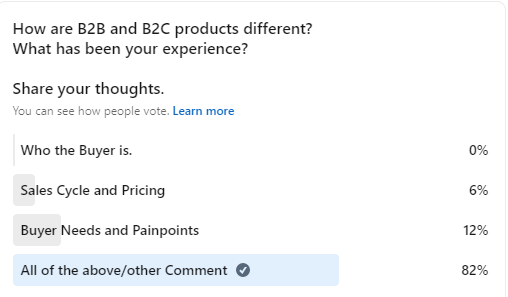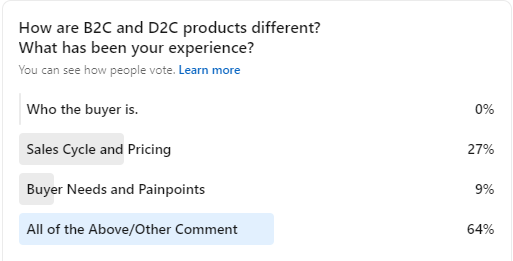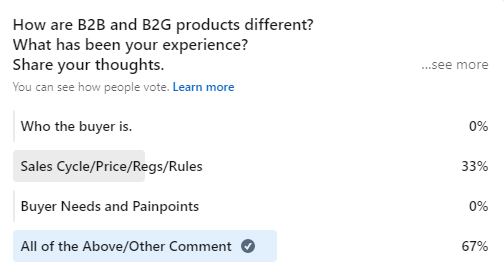How Vehicles are Bought & Sold: Trends in the Automotive Industry
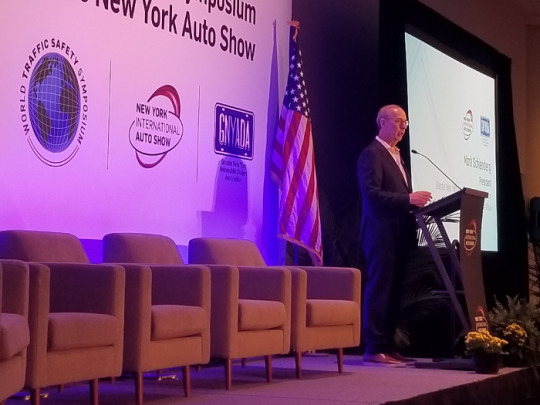
Things are changing in the automotive industry. These changes are from the way vehicles are bought and sold. Vehicle offerings are also different. Vehicles went from gas combustion engines to hybrid vehicles which means a split between gas and electric. Now there is going to be a shift to all-electric vehicles or EVs. The adoption of EVs will accelerate as more charging stations become available.
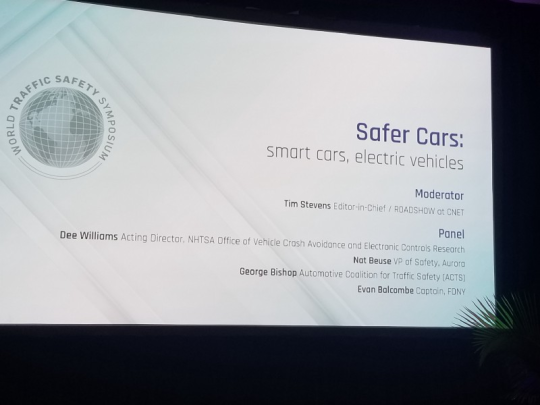
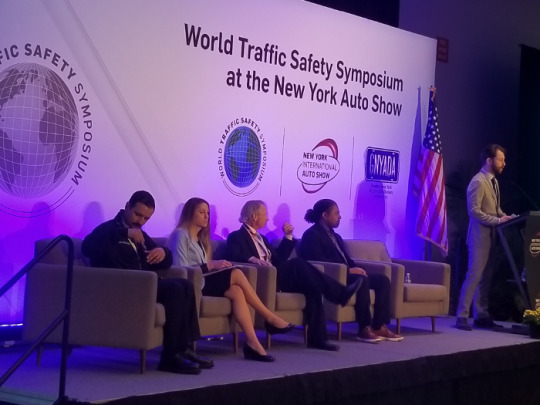
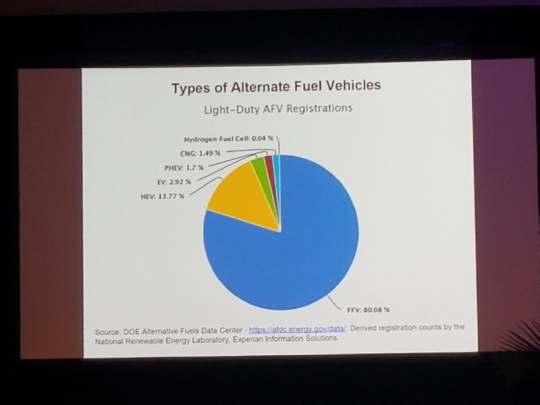
Source: Derived registration counts by the National Renewable Energy Laboratory, Experian Information Solutions https://afdc.energy.gov/data/10861
“This figure illustrates the population breakdown of alternative fuel vehicles (AFVs) registered in the United States as of Dec. 31, 2020. Most of the vehicles are flexible fuel vehicles (FFVs), but those generally operate primarily on conventional gasoline. FFVs were produced and sold as a way for vehicle manufacturers to meet their fuel economy requirements. Hybrid electric vehicles (HEVs) are the second-largest population by fuel type, accounting for 70% of the AFV population when excluding FFVs. Plug-in electric vehicles (PEVs) include all-electric vehicles (EVs) and plug-in hybrid electric vehicles (PHEVs), and account for about 30% of the AFV population when excluding FFVs.”
I covered The New York Auto Show which was back after a two-year pause because of the COVID-19 pandemic.
This year’s auto show had different types of cars, trucks, and SUVs. The show was made up mostly of electronic vehicles and hybrid vehicles. This change is because of changes in the industry and US government policy to improve the environment. Starting in 2026, all gas vehicles will need to get 50 miles to the gallon to be sold in the US. Gas engines are being phased out. The industry pledges to sell only electric vehicles or EVs by 2035. This is a global trend.
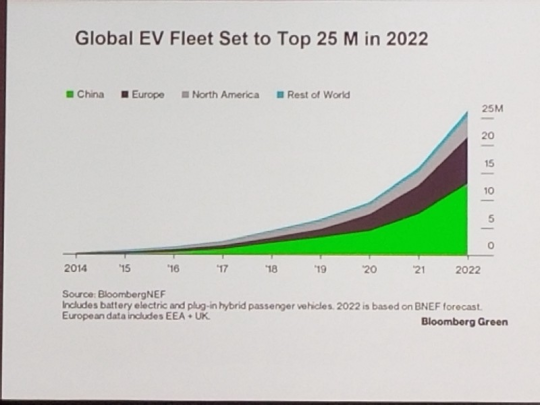
This is information that came out of the World Traffic Symposium, at the New York Auto Show.
Guest Speakers included:
Jennifer Homendy, Chair, National Transportation Safety Board
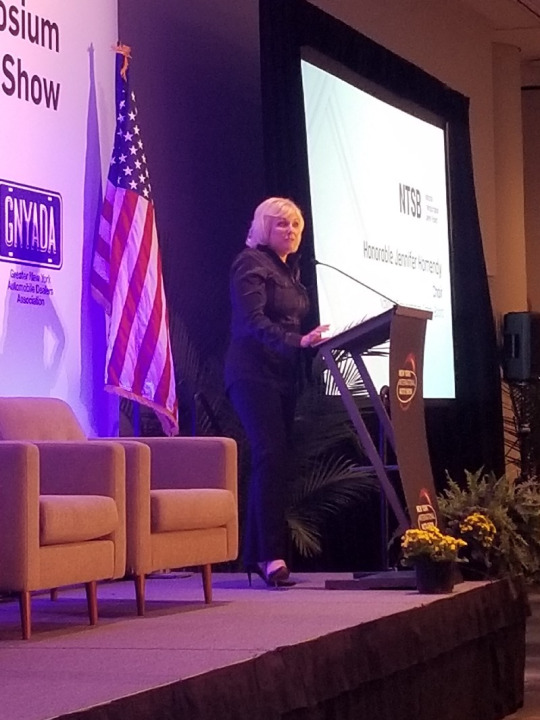
Andrew Wishnia, Deputy Assistant Secretary for Climate Policy, U.S. Department of Transportation
Dr. Steven Cliff, Deputy Administrator, National Highway Traffic Safety Administration
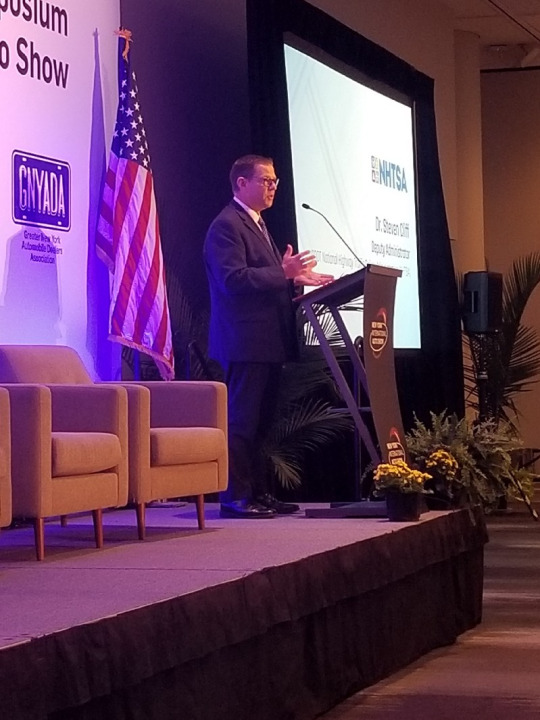
David Strickland, Vice President, Global Regulatory Affairs, GM
Mark F. Schroeder, Commissioner, NYS DMV, Governor’s Representative for Highway Safety
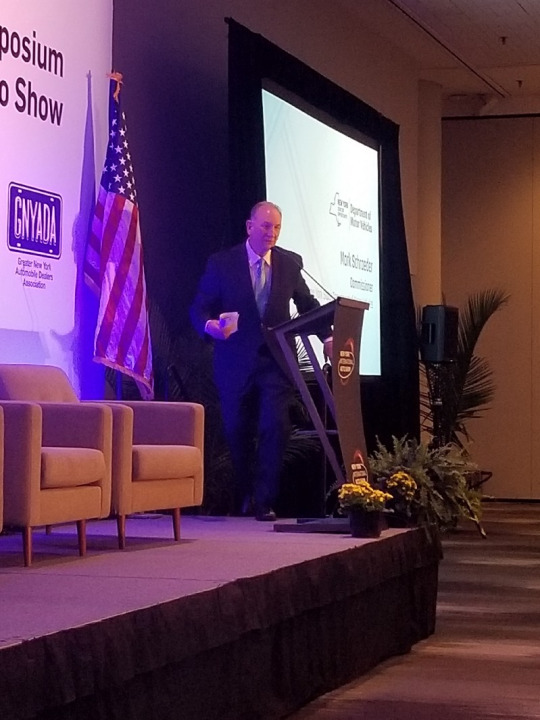
I did a survey on LinkedIn on how people find and buy vehicles. The results are here.
People are buying and selling cars online but many sales are still happening at dealerships.
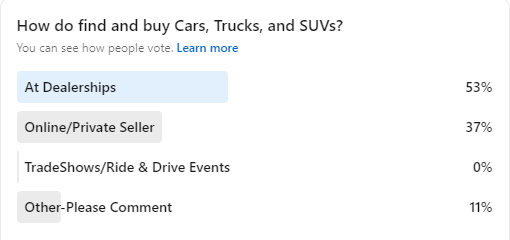
According to the New York International Auto Show, here are the demographics of people who attended and bought cars at the auto show over the last 10 years.
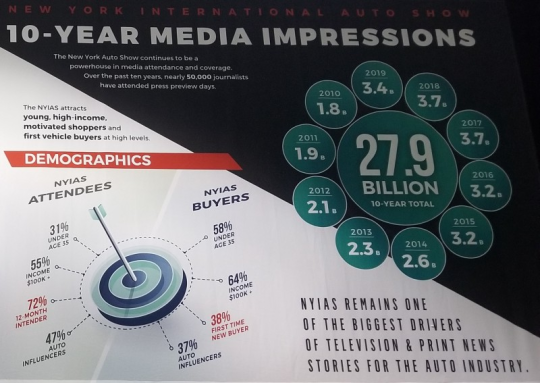
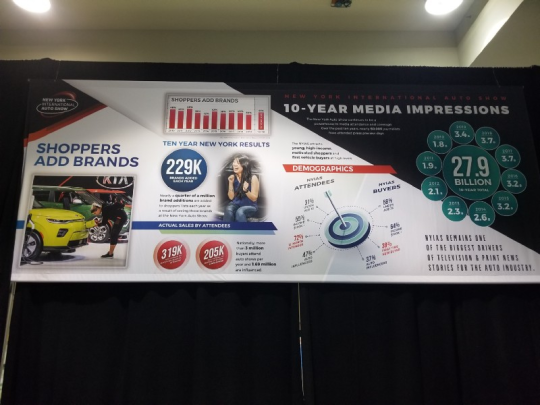
How do you feel about electric vehicles? How do you find and buy vehicles?
Share your thoughts.

